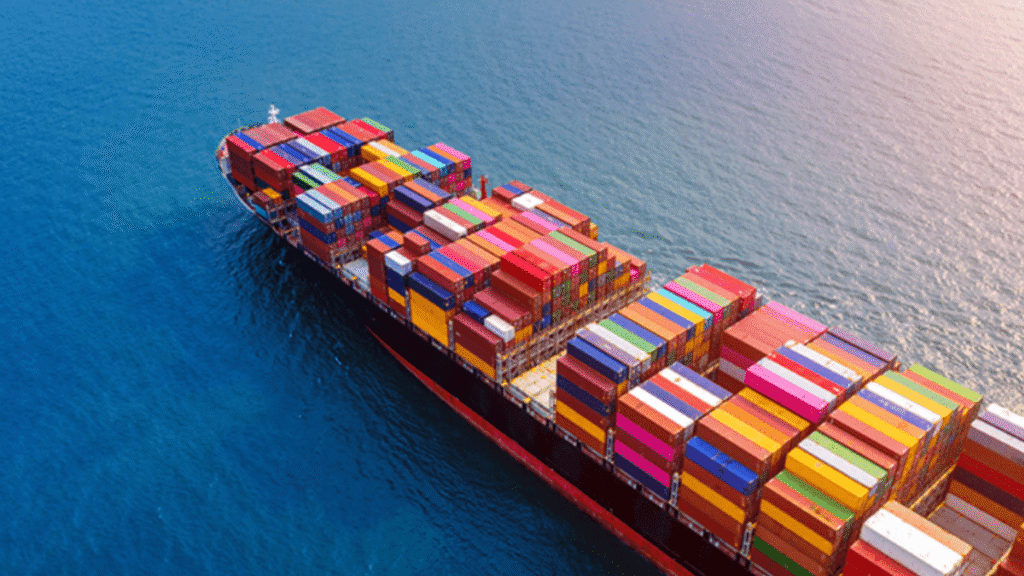Summary – Container exports from Asia to Europe increased by 16% year-on-year in May, reaching 1.81 million TEUs, signaling robust trade activity.,
Article –
In May 2025, container exports from Asia to Europe experienced a remarkable 16% year-on-year increase, reaching a total volume of 1.81 million TEUs (twenty-foot equivalent units). This significant rise highlights robust activity in transcontinental maritime trade flows.
Key Participants
The data has been reported by the Japan International Freight Forwarders Association (JIFFA), which tracks container freight statistics. Key contributors to these exports include major Asian economies such as China, Japan, South Korea, and Southeast Asian countries. European importers, ports, and logistics firms are the primary beneficiaries of this increased volume of container traffic.
Timeline and Recent Developments
Throughout early 2025, Asian container exports demonstrated a steady recovery trajectory, culminating in particularly strong figures in May. Factors such as favorable economic conditions, improved supply chains, and rising demand in European markets played pivotal roles. The 16% surge contrasts with more incremental growth noted in earlier months this year.
Economic and Trade Implications
The surge signals a strengthening of trade ties between Asia and Europe, which is expected to have several economic benefits:
- Enhancement of European supply chains with a higher volume of goods including industrial components, consumer products, and raw materials.
- Support for port operations, shipping companies, and logistics sectors across Europe.
European Response
Authorities within the European Union, including the Directorate-General for Trade, have acknowledged the significance of this development. They view it as a key factor in supporting economic recovery and emphasize the critical role of reliable maritime routes. European port operators are actively preparing to handle the increased throughput efficiently.
Environmental and Logistical Considerations
While the export growth reflects positive economic activity, it also raises concerns about the environmental impact of maritime trade. The EU is promoting sustainability initiatives aimed at reducing emissions from container shipping through:
- Enhanced operational efficiencies
- Investment in green technologies
These efforts seek to reconcile trade expansion with climate commitments.
Future Outlook
The European Union plans to closely monitor trade volumes and logistics capacity moving forward. Potential next steps include:
- Investment in port infrastructure
- Digitalization of supply chains
- Stronger regulatory measures for sustainable maritime operations
JIFFA and relevant European stakeholders are expected to provide updated data periodically to track evolving trends.
Conclusion
The increase in container exports from Asia to Europe in May 2025 sets a positive precedent for continued strong trade relations between the two regions. Exporters and importers alike will monitor these volume changes closely in the context of geopolitical and global market factors. Official updates from EU institutions and trade organizations will offer further insights in the months ahead.
Stay tuned to Questiqa Europe for ongoing regional updates and comprehensive trade reports.

More Stories
New UK Cabin Bag Rule Set to Impact European Budget Airlines
New Cabin Bag Rule Changes UK Holidaymakers’ Travel to Europe
UK Travelers Gain New Cabin Bag Allowance for European Flights